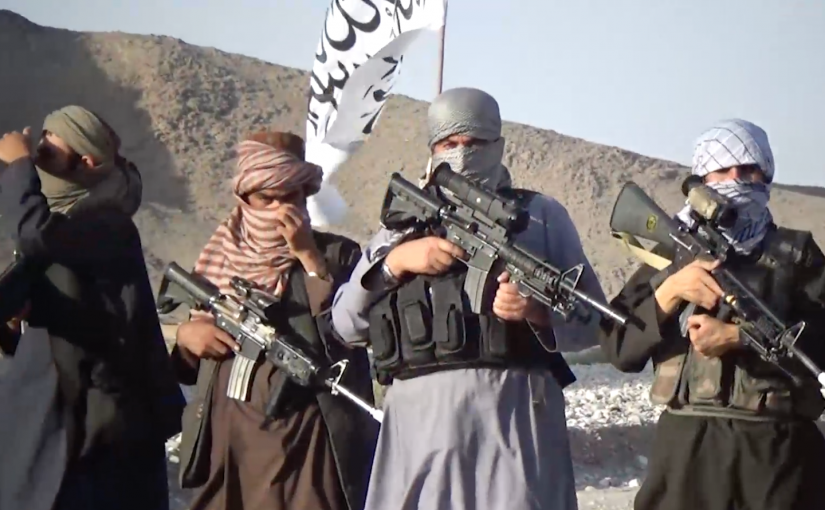Thousands of Pakistani militants in Afghanistan: UN Report
Most of the militants belonged to the outlawed Tehreek-e-Taliban (TTP), that is responsible for attacks on Pakistani military and civilian targets

By IAR Desk
More than 6,000 Pakistani militants are hiding in Afghanistan, a UN report says.
The report released last week was prepared by the UN analytical and sanctions monitoring team, which tracks terrorist groups around the world.
The report said most of the militants belonged to the outlawed Pakistani Talibani group – the Tehreek-e-Taliban (TTP), that is responsible for attacks on Pakistani military and civilian targets.
The TTP has linked up with the Afghan-based affiliate of the Islamic State extremist group. Some TTP members have even joined the IS affiliate, which has its headquarters in eastern Afghanistan.
The report said IS in Afghanistan, known as IS in Khorasan Province, has suffered losses as a result of being targeted by Afghan security forces as well as U.S. and NATO forces, and even on occasion by the Afghan Taliban.
The report estimated that the membership of IS in Afghanistan is 2,200, and while its leadership has been depleted, IS still counts among its leaders a Syrian national, Abu Said Mohammad al-Khorasani.
The report also said the monitoring team had received information that two senior Islamic State commanders, Abu Qutaibah and Abu Hajar al-Iraqi, had recently arrived in Afghanistan from the Middle East.
“Although in territorial retreat, [the Islamic State[ remains capable of carrying out high-profile attacks in various parts of the country, including Kabul. It also aims to attract Taliban fighters who oppose the agreement with the United States,” the report said, referring to a U.S. peace deal signed with the Taliban in February.
That deal was struck to allow the U.S. to end its 19-year involvement in Afghanistan, and calls on the Taliban to guarantee its territory will not be used by terrorist groups. The deal is also expected to guarantee the Taliban’s all-out participation in the fight against IS.
The second and perhaps most critical part of the agreement calls for talks between the Taliban and Kabul’s political leadership.
With agency inputs